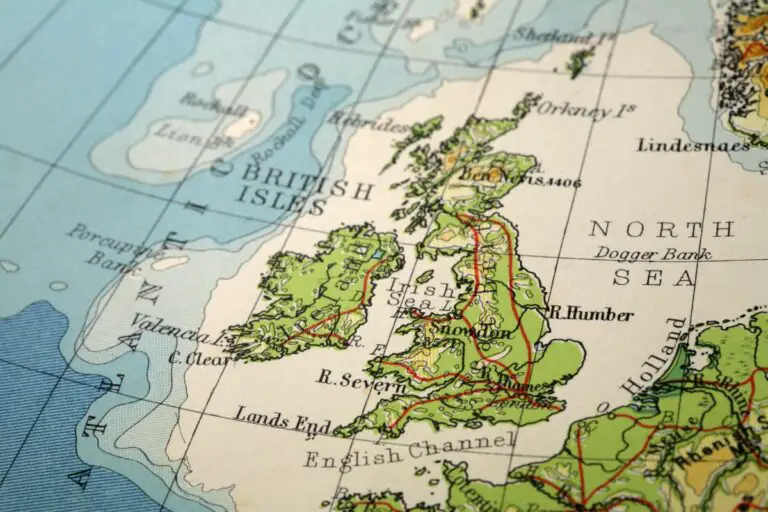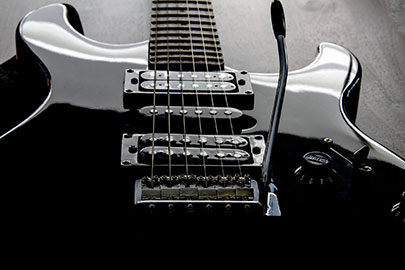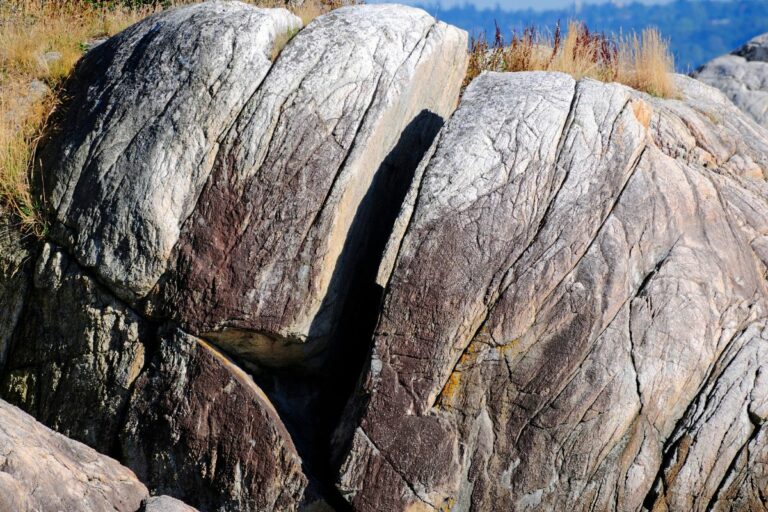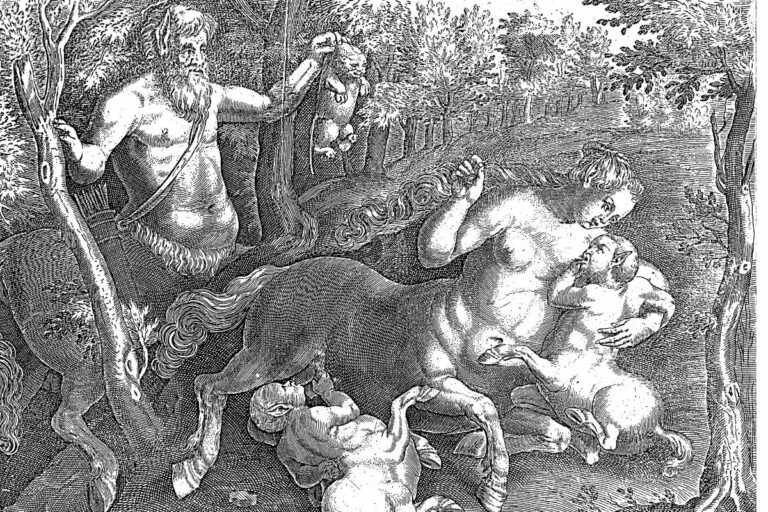What’s the Difference between Butane and Propane?
If you have devices working with gas, you have probably already asked yourself this question.
The choice is limited, but that’s enough to make us doubt. Should you use butane or propane?
Butane and propane are not used under the same conditions. Butane gas must be used indoor, as it vaporizes only over 32 °F (20 °C). On the other hand, propane gas is recommended for outdoor usage, as it vaporizes over -47 °F (44 °C).
That’s it for the first difference, for the others you’ll need to read the following 🙂
I’ll explain you both gas in detail: propane and butane, and the compare them point by point
Butane
Definition
Either of two isomeric flammable gaseous alkanes C4H10 obtained usually from petroleum or natural gas and used as fuels
Merriam-Webster
This definition is complicated, but you can remember that it’s a hydrocarbon in the gaseous state, particularly combustible and synthesized with petroleum.
Production
The vast majority of the butane production comes from gas fields
The process is to extract the trapped gas in the underground deposits, to recover it
A small part of these gases is butane, naturally present (hence the name natural gas)
Another big part of the production is made from refined petroleum
Properties
Butane is stored in the liquid state in the bottles that we buy
This is allowed thanks to the pressure applied to it (about 1.5 bar)
Once released from this pressure (when you turn on the gas), it turns into gas
Butane can only be used above a temperature of 0 °C (ca. -32 °F), otherwise it does not vaporize, nothing happens
Usage
Given these conditions, butane is intended for indoor use, ideal for gas stoves or for auxiliary heating.
You will generally find it in bottles from various sizes (up to about 13 kg / 28 lbs)
According to the manufacturer’s data, the biggest one would be enough to feed 4 fires of a gas stove at full power for 36 hours
You can find more compact formats for easier transport, or bigger for businesses
Bottles should be stored in a ventilated area and away from flames.
In addition, it’s forbidden to store several gas cylinders at the same place.
Propane
Definition
A heavy flammable gaseous alkane C3H8 found in crude petroleum and natural gas and used especially as fuel and in chemical synthesis
Merriam-Webster
You can also note that this is also a hydrocarbon, its chemical formula is slightly different but its storage and production is similar
We’ll now see all of this in the next parts
Production
Propane found in commerce can come from two main sources:
- Natural gas: extracted by drilling some rocks
- The distillation of oil: once refined, crude oil can release propane
Properties
Once extracted, propane is stored in gas bottles, in liquid form
The exerted pressure is about 8 bar
Propane has the advantage that it can be used in negative temperatures down to -44 °C (ca. -47 °F), which let us with a margin in tempered countries ????
As the propane is odorless, an odorous additive is added to the bottles to detect any leaks. This additive is ethanethiol
Note that it’s also propane that you will find in tank trucks, given its ability to remain stable when temperatures are negative
Usage
Propane is intended for outdoor use, typically for:
- Barbecue or gas griddle
- Camping stoves
- The heated parasols
- etc …
As many bottles formats are available, you can find the perfect one for each need
Differences between butane and propane
Chemical formula
Butane and propane are therefore two distinct chemical elements
Butane is noted C4H10, while propane is noted C3H8
Manufacture
Butane and propane are produced in the same way
They come from natural gas or oil
Properties and storage
Stored in the same way in pressurized bottles, the two gases, however, have different properties
Butane must be used above -32 °F and stored at a pressure of 1.5 bar
Propane can be used up to -47 °F and is stored at a pressure of 8 bar
Rules of use
Due to the properties we have just seen, the use of butane is intended for the interior (gas cooker, water heater), and propane for outdoor use (barbecue, heated parasol)
Mix
You may know that there are more and more bottles sold with a mix between butane and propane
This allows you to take advantage of the properties of both gases
For example, camping gases, use a mix between butane and propane, to allow you to use them outdoor in normal temperatures
Here is an example on Amazon
Related question
Is there a price difference between butane and propane? No, the major part of the bottle gas come from the bottle itself. Prices are similar between both the gases
Conclusion
Here we are, butane and propane have no secrets for you anymore ????
If this article has been helpful for you, don’t hesitate to share it on social networks by clicking on the links below!






